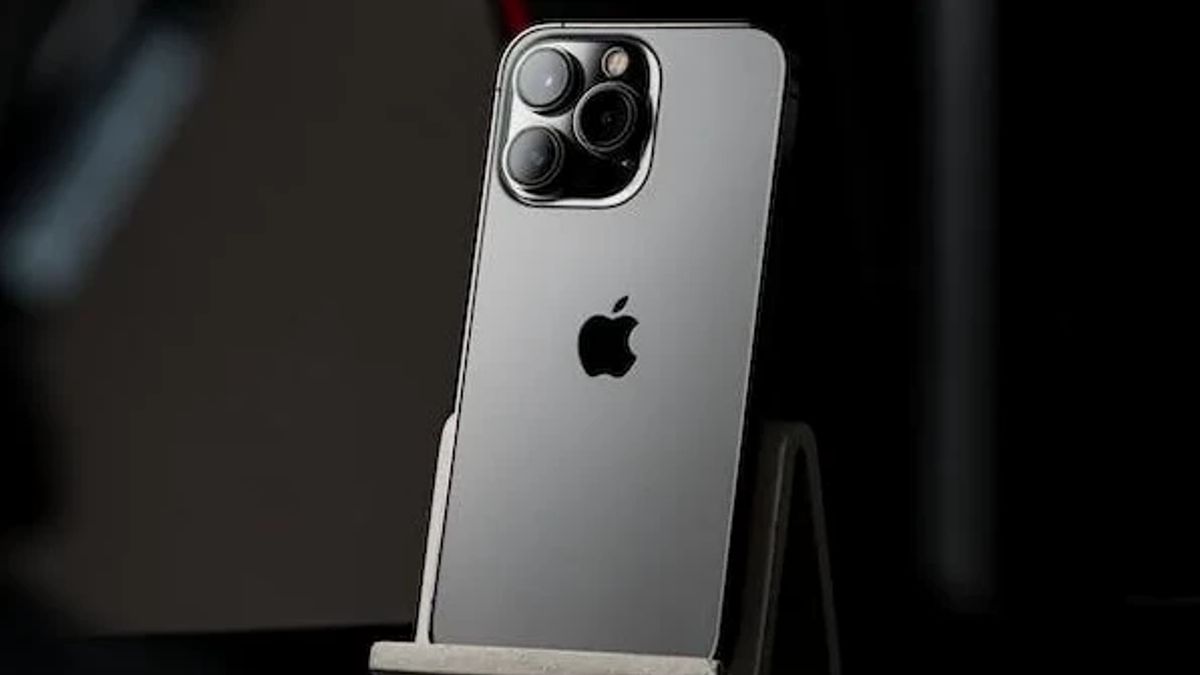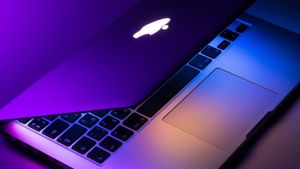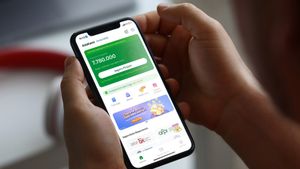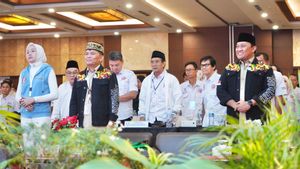In recent weeks, China has expanded its ban on the use of iPhones by civil servants, by informing staff at several central government agencies to stop using their iPhones while working. This was revealed from two sources familiar with the matter.
Amid tensions between Beijing and Washington, the extension of the ban imposed more than two years ago marks an increasing challenge for the US company, which is actually heavily dependent on China for revenue and manufacturing growth.
Employees at at least three Chinese ministries and government agencies were told not to use the iPhone while working, said the two sources, who did not wish to be named because of the sensitivity of the situation.
One source said they had not been given a deadline to stop using their iPhone.
Apple's share price fell more than 3% in trading early Thursday, September 7 after dropping 3.6% in the previous session when a ban on the use of iPhones by Chinese officials was first reported.
Apple and China's State Council Information Office, which handle media questions on behalf of the government, have not yet responded to requests for comment.
It is not clear to what extent this ban is being implemented, with a third source in one of the three ministries saying he is still using an iPhone and has not heard of the restrictions.
A fourth source, in a Chinese regulatory agency, said they had not been explicitly banned, but were told they would be responsible if there were problems related to the use of the iPhone.
A fifth source in other regulatory agencies said senior-level officials two years ago were required to replace their iPhones with domestically made brands such as Huawei Technologies.
In 2020, China's state-owned financial media, the Economic Observer, reported that several government agencies had implemented rules prohibiting officials from using iPhones because of Apple's strict privacy rules that made it difficult for anti-corruption officials to access and investigate suspect phones.
Apple shares slumped on Wednesday and Thursday after the Wall Street Journal first reported on the move, amid fears of countermeasures as China-US tensions escalated.
Bloomberg on Thursday 7 September reported that China plans to expand the ban on state companies and government agencies, citing sources.
China is one of Apple's biggest markets and generates nearly one-fifth of its revenue. Apple along with its suppliers employed thousands of workers in China, and Apple CEO Tim Cook stressed its long relationship with the country during a visit to Beijing in March.
Apple has recorded strong sales in China, ranking third in overall smartphone shipments in the second quarter, according to consultant Canalys, partly due to Huawei's mobile phone business impact from US sanctions that has made Apple the main premium phone manufacturer in China.
"We believe that these restrictions have the potential to slow Apple's sales growth in China," said DA Davidson analyst Tom Forte. "This could be an additional challenge for the company, as its revenue from China has been negatively affected by the country's difficult macroeconomic environment."
اقرأ أيضا:
China is increasingly emphasizing the use of domestically made technology products, as technology has become a major national security issue for Beijing and Washington.
Government institutions and state-owned enterprises (BUMN) in both countries have become the first and most important areas in encouraging such campaigns.
Most campaigns are centered on requirements for government departments and state-owned enterprises to replace their domestic TI system's domestic products with domestic alternatives.
This replacement effort was accelerated this year in China after orders were issued to SOEs by state asset regulators, requiring them to complete replacement tasks by 2027 in critical IT infrastructure such as office software platforms.
Huawei last week announced the latest Mate 60 Pro smartphone that secret-breaking companies say contains advanced chips that are being developed domestically and can bring it back to compete with Apple.
The English, Chinese, Japanese, Arabic, and French versions are automatically generated by the AI. So there may still be inaccuracies in translating, please always see Indonesian as our main language. (system supported by DigitalSiber.id)


















